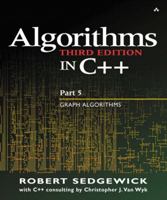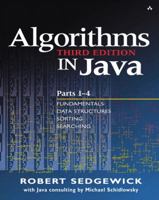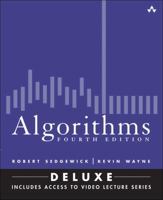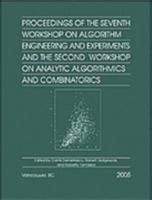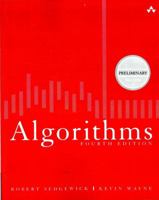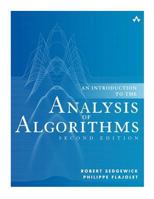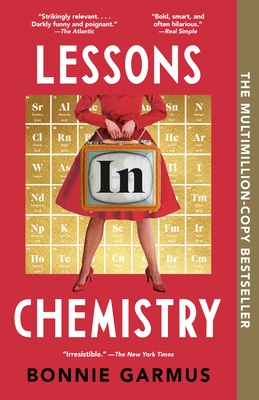Web Hacking Arsenal: A Practical Guide to Modern Web Pentesting
Select Format
Select Condition 
Book Overview
The core of this book is its ability to adapt to the evolving nature of web security threats. It prepares the reader not just for the challenges of today but also for the unforeseen complexities of the future. This proactive approach ensures the book's relevance over time.
Format:Hardcover
Language:English
ISBN:1032447176
ISBN13:9781032447179
Release Date:August 2024
Publisher:CRC Press
Length:548 Pages
Weight:2.16 lbs.
Dimensions:1.3" x 6.1" x 9.2"
More by Robert Sedgewick
Customer Reviews
6 customer ratings | 5 reviews
There are currently no reviews. Be the first to review this work.












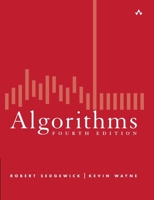
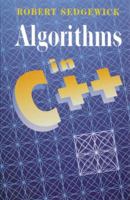
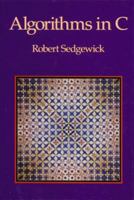
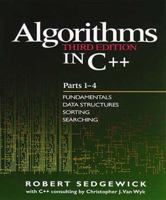
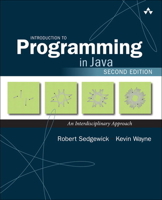
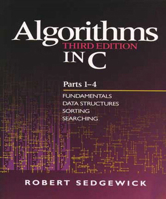
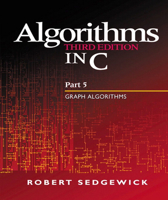
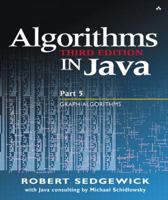
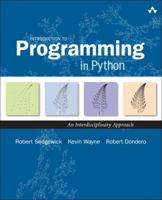
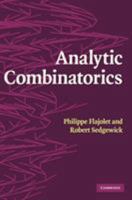
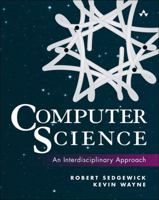
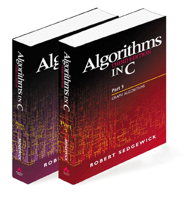
![The Proper Sphere and Influence of Woman in Christian Society [microform]: Being a Lecture Delivered by Rev. Robert Sedgewick Before the Young Men's Christian Association, Halifax, N.S., November 1856](https://i.thriftbooks.com/api/imagehandler/s/FFB2512619D15EAB6E595BF1F24367335009BF35.jpeg)
